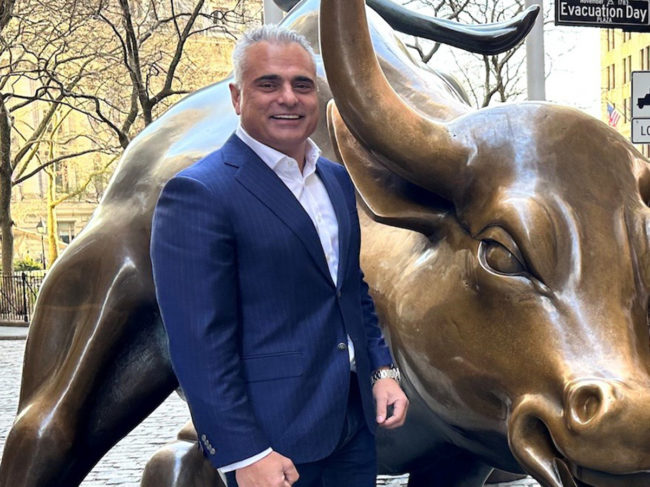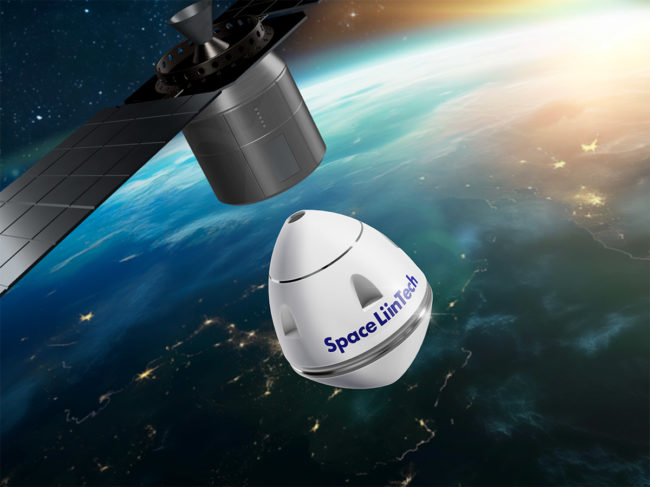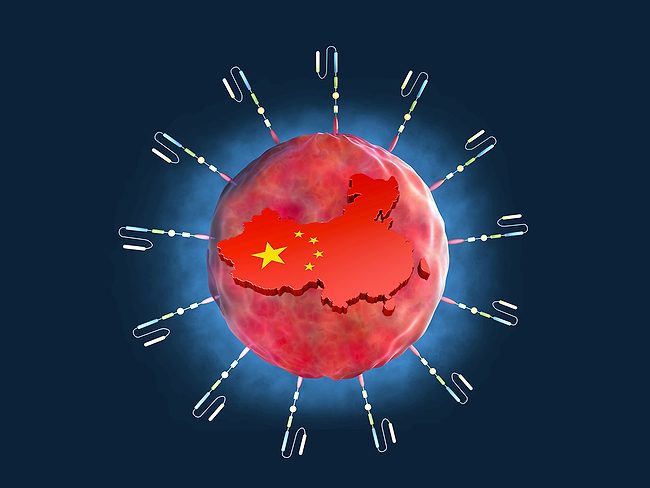
Asia-Pacific, BioWorld Asia
Asia Bio Partnering Forum 2024
Big pharma seeks innovation in China despite geopolitical turmoil
Read MoreChina’s CAR T market comes of age
CAR T pipelines bloom to treat world’s largest cancer population
Read MoreChina’s CAR T market comes of age




